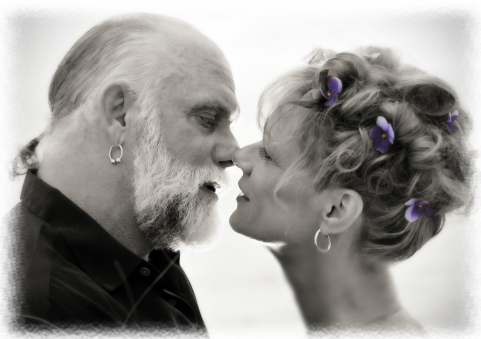|
|---|
Friday, April 4, 2008
Thus play I in one person many people,
And none contented. Sometimes am I king;
Then treasons make me wish myself a beggar, and so I am.
Then crushing penury persuades me I was better when a king;
Then I am kinged again, and by and by
Think that I am unkinged by Bullingbrooke, and straight am nothing.
But what e'er I be, nor I, nor any man that but man is
With nothing shall be pleased, till he be eased with being nothing.
Shakespeare, Richard II Act 5 Scene 5
Labels: Act 5, beggar, being nothing, Bullingbrooke, king, Richard II, Scene 5, Shakespeare, Thus play I, treasons
"Remember: it is the form that matters, not the content. The less your targets focus on what you say, and the more on how it makes them feel, the more seductive the effect."
"Do not waste time on real information; focus on feelings and sensations, using expressions that are ripe with connotation. Plant ideas by dropping hints, writing suggestively without explaining yourself."
"Never lecture, never seem intellectual or superior--you will only make yourself pompous, which is deadly. Far better to speak colloquially, though with a poetic edge to lift the language above the commonplace. Do not become sentimental--it is tiring, and too direct.
"The goal of your writing is not to express yourself but to create emotion in the reader, spreading confusion and desire."
Robert Greene, The Art of Seduction
As nothing is certain or permanent in the world, nothing either real or unreal,the secret of wisdom is detachment without withdrawal. All goals and aims may cheat us, but if we run away from them we shall find ourselves bumping into them . . .
As soon as we renounce the expectation of reward, in however refined a guise, for virtue or wisdom, we relax and our real energies begin to flow into the soul . . . .
We see too how the primitive form of wisdom, using past experience as a balancing pole for walking the tightrope of life, finally grows, through incessant discipline and practice, into the final freedom of movement, where, in Yeat's phrase, we can no longer tell the dancer from the dance.
Northrope Frye, from The Great Code
The true variety is in this abundance of real and unexpected elements, in the branch loaded with blue flowers which shoots up, against all reason, from the spring hedgerow that seemed already overcharged with blossoms, whereas the purely formal imitation of variety (and one might advance the same argument for all the other qualities of style) is but a barren uniformity, this is to say, the very antithesis of variety, and cannot, in the work of imitators, give the illusion or recall the memory of it save to a reader who has not acquired the sense of it from the masters themselves.
Marcel Proust, from In Search of Lost Time Vol. II














